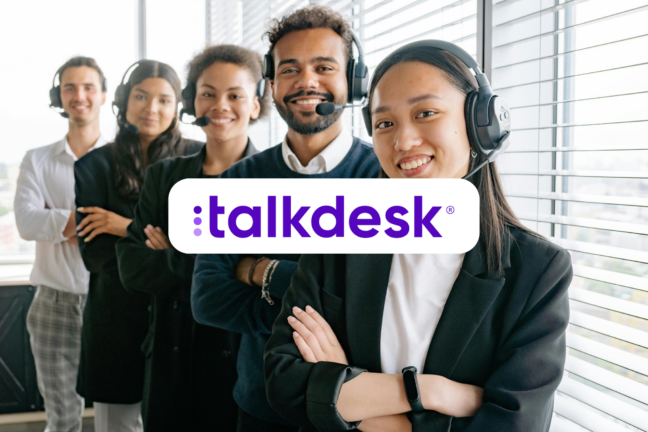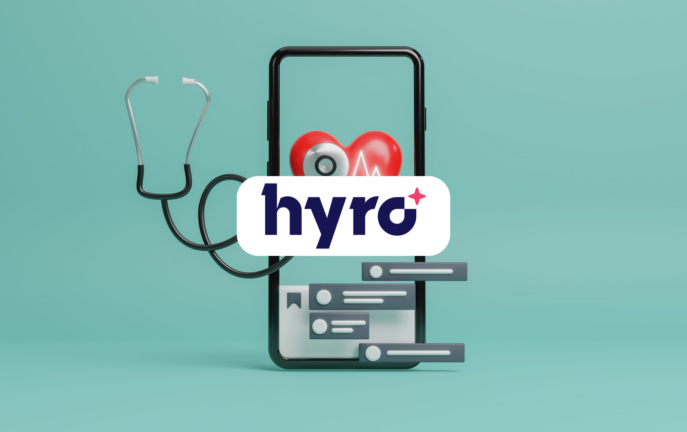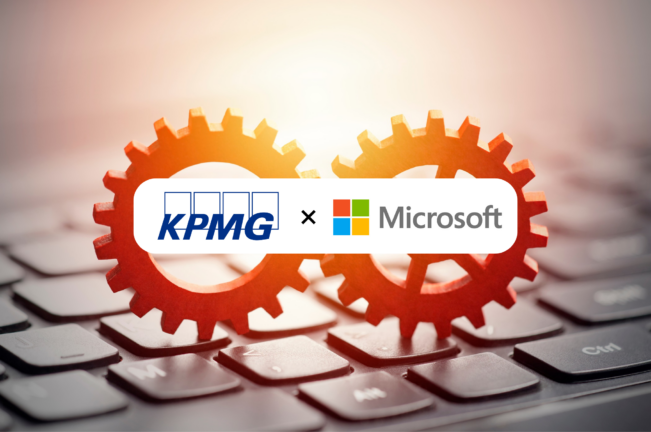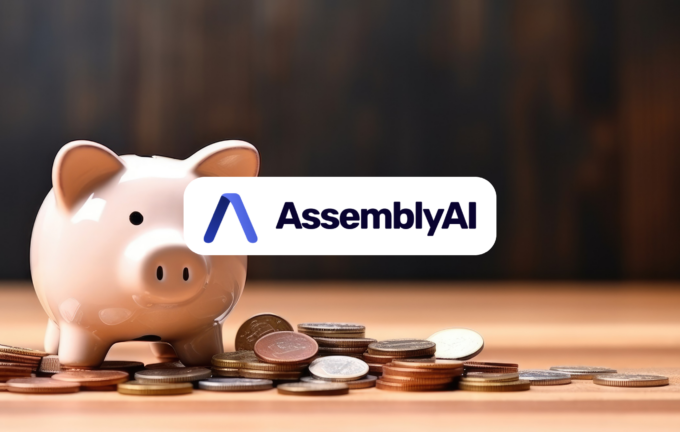How satisfied and comfortable are employees with leveraging AI-powered tools in the workplace? According to the survey by Insight Enterprises in collaboration with Harris Poll, 75% of respondents believe that investing in such devices will enhance their employer's competitiveness, while an equally high percentage (73%) anticipate increased productivity in their daily tasks. However, there's a notable apprehension among nearly half of the respondents (45%), who express concerns that AI-powered devices might diminish the relevance of their contributions to their employers.
“The survey results suggest, on balance, employees are optimistic AI-powered devices will help them better leverage AI applications and accelerate productivity. This is a strong signal we’re heading into the next phase of the AI adoption journey. As people move forward with the understanding that the technology is here to stay and can augment their everyday work, initial curiosity and concerns have been replaced by a hunger for more knowledge and training from their employers,” said Rob Green, chief digital officer at Insight.
The survey reveals that nearly two-thirds of employees (64%) anticipate a shift in the critical skills required for their job due to the adoption of AI-powered devices. Despite this expectation, a relatively low percentage report feelings of anxiety (13%), fear (11%), confusion (5%), or being overwhelmed (5%) about utilizing generative AI in their work environment.
Other studies have also shown similar results, highlighting the need for AI-powered tools to improve employee efficiency.

The generational gap
Examining attitudes across different generations, the survey found that Gen Z employees (ages 22-26) exhibit the highest levels of curiosity (50%) and excitement (37%) towards AI technology. On the other hand, millennials (ages 27-42) are more inclined to believe that AI-powered devices will alter the critical skills required for their jobs (72%) and potentially make their roles less relevant to their employers (55%). Additionally, nearly half of millennials (49%) express concerns about potential job losses due to AI adoption.
Concerns about security risks (62%) and privacy violations (55%) are more prevalent among Gen X and senior workers (ages 43+), compared to their younger counterparts.
Looking ahead
Employees express a desire for clear guidance from their employers regarding AI usage. This includes requests for training opportunities (49%) and the establishment of guidelines and policies (46%). In addition, one in three employees (33%) hope to have the autonomy to choose the type of device they use in the workplace, whether traditional or AI-powered, once they become available.
“Employees want to have a seat at the table. They recognize how fast AI is evolving and don’t want to be left behind with legacy hardware that struggles to run future applications,” said Green.
In other news, Insight has signed a new global agreement with Microsoft, enhancing its cloud offerings through digital transformation.









